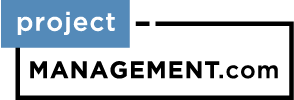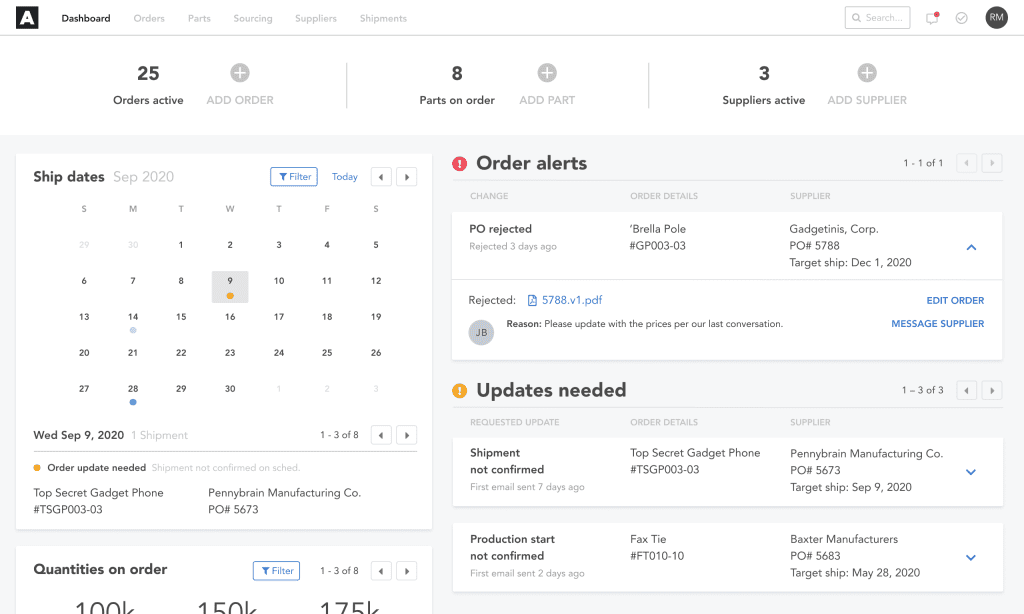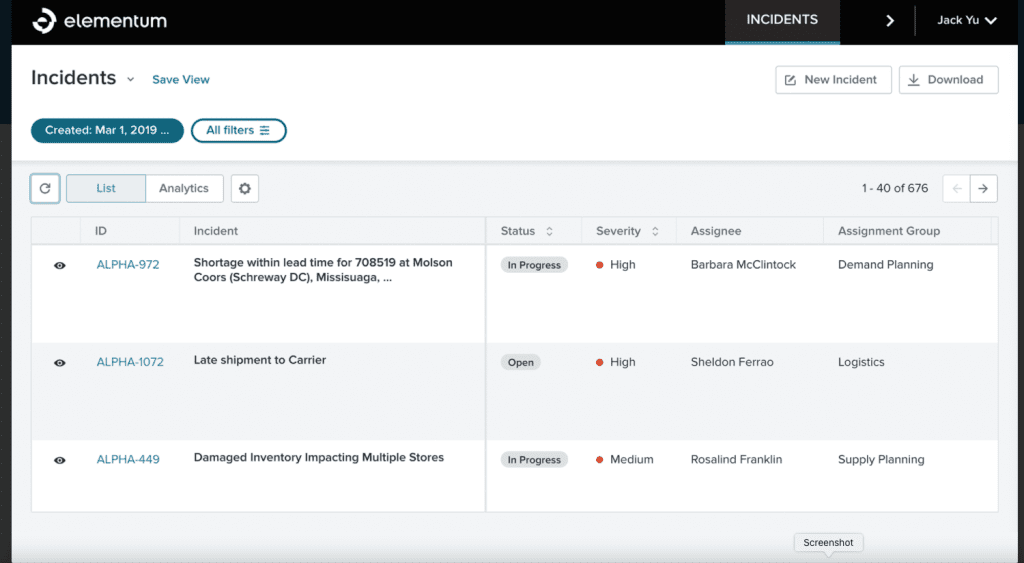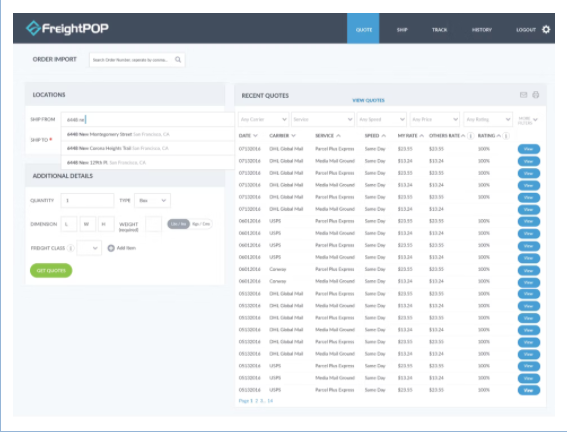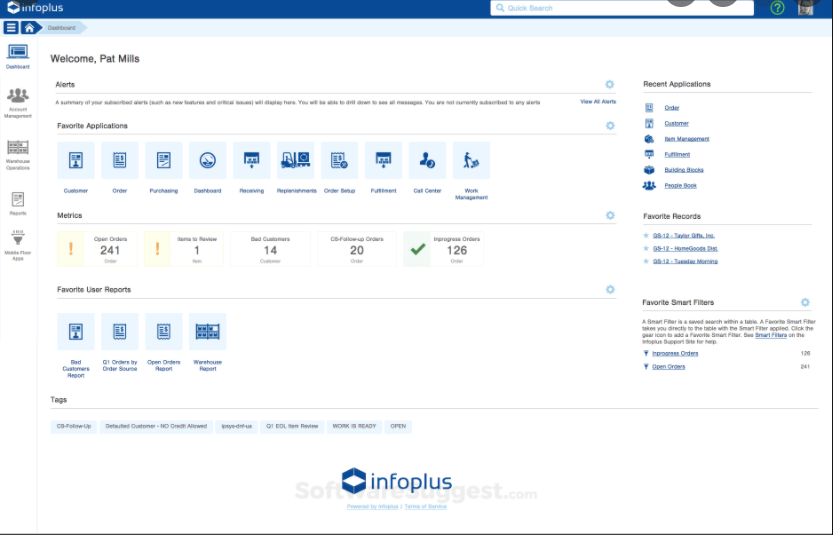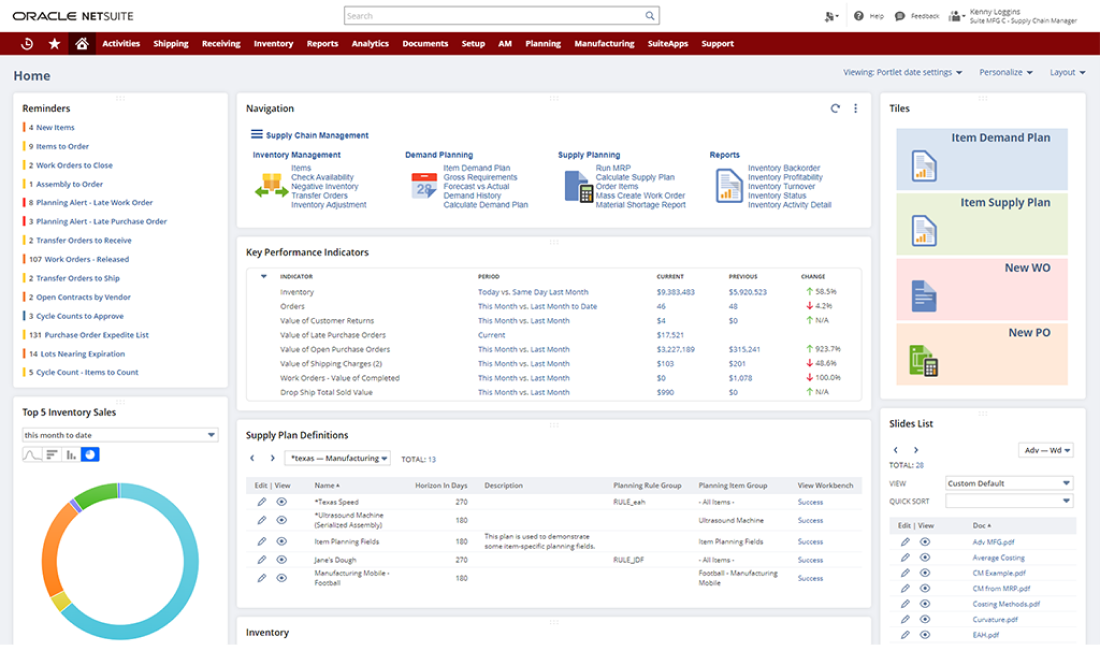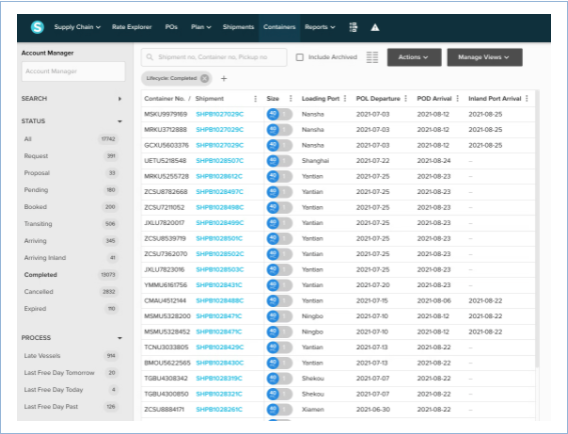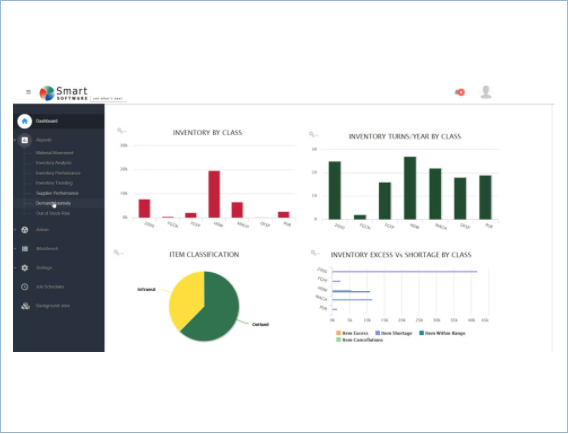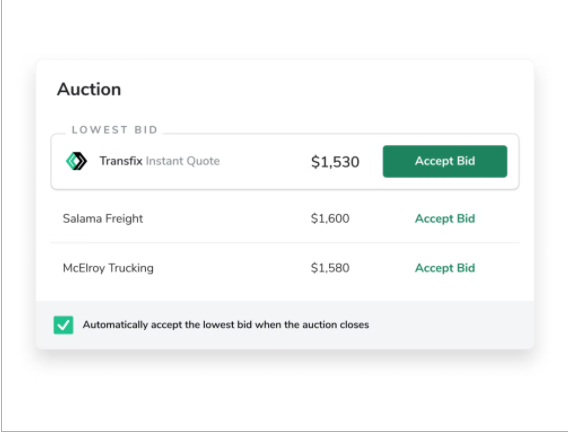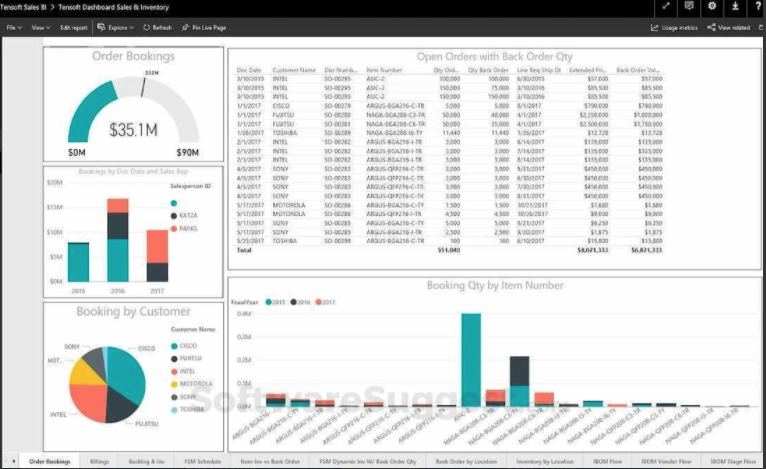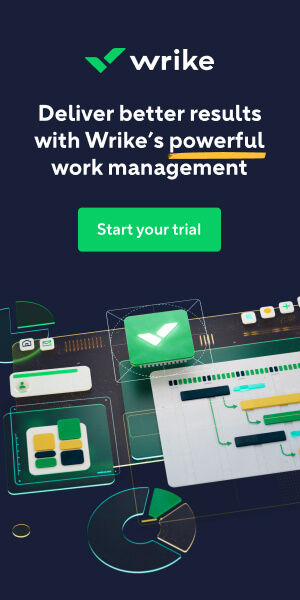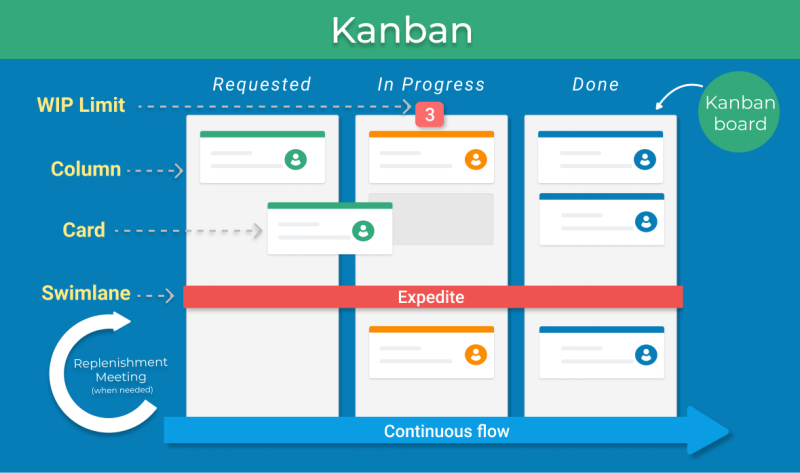Supply chain management (SCM) is a multifaceted process that tracks services or goods as they traverse a network of business partners. The SCM process begins with a supplier fulfilling a business request for raw components. Then, as the raw components are converted to goods or services, SCM software works as a collaborative application, tracking the services or goods until they are delivered to a customer.
Table of Contents
- How Is Supply Chain Management Software Used?
- Compare the Best Supply Chain Management Software
- Key Features of SCM Software
- Benefits of Supply Chain Management Software
How Is Supply Chain Management Software Used?
Supply chain management software is used to track and provide up-to-the-minute updates on any activity or process that creates services or goods — services being actions like designing a network for a business, and goods being tangible items like furniture or electronics.
As a result, today’s SCM solutions involve more than just planning, sourcing a provider for raw components, manufacturing a product, and delivering to a customer. SCMs improve efficiency across a network of business partners involved in any portion of providing goods or services to customers.
Supply chain management uses a multilayered approach that starts with a cyclic flow of communication about the product, information, and finances shared amongst a network of business partners. This cyclic flow constantly monitors and evaluates the supply chain process of product development, procurement, production, and distribution.
In short, the purpose of the modern-day SCM system is to continuously evaluate and optimize the supply chain process to generate improved customer satisfaction and higher revenue for the goods or services rendered.
Compare the Best Supply Chain Management Software
Today’s supply chain solutions help businesses stay connected in multiple ways, receiving customer input as well as feedback from business partners. The SCM must also have up-to-date cybersecurity features. Further, SCM with embedded artificial intelligence (AI) must be sophisticated enough to make decisions in alignment with business goals, and supported by real-time data.
Here, we review some popular SCM software solutions to help you make an informed decision.
Interchange | Management | Analysis | Fulfilment | Tools | Management | Management |
|
|---|---|---|---|---|---|---|---|
| Anvyl | |||||||
| Elementum | |||||||
| FreightPOP | |||||||
| Infoplus | |||||||
| NetSuite | |||||||
| Shippabo | |||||||
| Smart IP&O | |||||||
| Transfix TMS | |||||||
| Tensoft SemiOps |
Anvyl
Anvyl says it helps businesses gain visibility and reduces costs. Anvyl caters to fast-growing companies involved in personal care and cosmetics, home goods, food and beverages, and clothing. Additionally, Anvyl can integrate with an enterprise resource planning (ERP) solution and can be deployed on a cloud, SaaS, or the web.
Customer reviews note that Anvyl is user friendly, and they like that purchase transactions are located on one platform. Its central repository for other related business information is a plus, too. Another complimented feature is the ability to export data to CSV, which is good for tracking all open orders.
On the other hand, users dislike that purchase orders do not provide a total overall cost. Other reviewers claim critical information is often missing, which causes delays due to phone calls or emails sent for the missing data. Users also say the purchase order module could be better built to customers’ satisfaction.
Elementum
Elementum says it can eliminate up to 75% of SCM recurring issues. The vendor claims to work well with existing transactional systems via a centralized application that has a workflow option to track all related transactions. This product can be deployed on the cloud, SaaS, or the web, as well as on premises for Windows and Linux computers. Elementum can also be installed on Android, iPhone, and iPad devices.
Customers appreciate Elementum’s ability to provide one centralized location for all related information. In fact, centralization is repeatedly complimented due to the ability to quickly retrieve an issue, find root causes, and resolve the incident — reducing turnaround time and promoting overall efficiency. Users also like that the Incident Management System allows in-house administrators to configure field values and add master data without relying on Elementum support staff.
Elementum does have a few notable drawbacks, including that information often has to be re-entered due to lost data from mandatory fields. Another complaint is that information is often duplicated, as there are no warnings if a Purchase Order (PO) has already been created. One customer stated that Elementum needs to provide other methods to populate incident records without doing it manually, as the API to populate records fails to accomplish such tasks.
FreightPOP
FreightPOP promotes its solution as best-in-class supply chain management software. The SCM solution features purchase order management via a vendor portal, integration with another business order management system, auditing for invoices, and detailed reporting. FreightPOP can be deployed on a cloud, SaaS, or as a web-based solution, and it can also be installed locally on Macs, Windows PCs, and Chromebooks.
FreightPOP is praised for its easy setup and portal sign-in. Its shipment monitoring features purportedly provide enough information to allow users to compare the time and prices of shipments quickly. Carrier integration and rate shopping also received high praise.
However, FreightPOP can’t be installed on a mobile device. Other drawbacks include the inability to match up shipment data with Full Liner Terms (FLT) for shipping products by sea. Users also dislike the lack of reporting features that would allow them to accrue and estimate freight cost by month or quarter. Label printing is also mentioned as a minor issue.
Infoplus
Infoplus is a third-party logistics (3PL) platform, which helps with the logistical actions associated with delivering goods after a manufacturer has produced them. Infoplus specializes in inventory management, fulfillment, and returns, serving as the middleman between the business and the customer.
Because Infoplus is a 3PL, any company considering them for delivering goods should also consider added costs for storage, picking, packaging, and postage. This SCM solution can be deployed on the cloud, SaaS, or web-based solution, as well as on Android, iPhone, and iPad devices.
Infoplus is praised for its fulfillment and picking processes, as well as its flexibility as an open-source application. The knowledge base apparently makes the transition easier for new customers. Infoplus is also praised for its reporting capabilities, which are very robust and allow for better monitoring of real-time data transactions.
On the other hand, its robust capabilities received criticism due to their learning curve. Another critique of Infoplus is that some tracked data points do not line up with a company’s primary concerns. However, while reviewers did have complaints, they raved about how fast customer support addressed and rectified issues.
NetSuite
NetSuite offers an SCM solution used by many industry leaders. It promotes four core components: visibility of real-time inventory, advanced order and fulfillment for distributors, procure-to-pay purchasing, and a comprehensive view of the entire business. NetSuite can be deployed on the cloud, SaaS, or as a web-based solution, and it can be installed on Android, iPhone, and iPad devices.
NetSuite receives compliments for its robust and customizable features, and it easily integrates with third-party applications like CRM (customer relationship management) and ERP. NetSuite is also complimented for its quick setup time and detailed report options.
However, some complaints arise regarding the complex interface and amount of training needed to use the software. And one user claims the sales staff promised features or fixes they could not deliver.
Shippabo
Shippabo is an SCM solution that promotes transparency and collaboration in the supply chain process. It advertises cost management, a centralized control center, and SKU-level visibility as its key features. The software can be deployed on the cloud, SaaS, or web, and it can also be installed on Mac and Windows desktops.
While reviews are limited, Shippabo has received positive feedback for its ease of creating shipping documents and its SKU features, such as the easy-to-understand shipping milestones report. In addition, all the shipment features received positive comments. However, some reported drawbacks include user difficulty in understanding the views and a lack of intuitive design for the application.
Smart IP&O
Smart IP&O promotes an integrated SCM application that focuses on demand planning, inventory optimization, supply chain analytics, and forecast modeling. The vendor states the product is simple to use, scalable, and easily collaborates with others. This SCM is only deployed on the cloud, SaaS, or as a web-based solution.
Despite limited reviews, Smart IP&O is received favorably for its built-in integration to Epicor and its export and import functionality. In addition, the willingness of customer support to address and update the software to meet business requirements was complimented. However, users note that customizing a feature in this way is a lengthy process.
Transfix TMS
Transfix TMS’s key features include fast implementation, a flexible routing guide, automated tendering, instant capacity, and performance analytics. This SCM can be deployed on a cloud, SaaS, or the web, as well as on Android and iPhone devices.
Transfix TMS is praised for its user-friendly design and customer support team, which makes a sincere effort to address specific business needs. Other reviews praise the API integration, which has helped shipping coordinators tender shipments quickly, track shipments, and provide accurate progress status reports.
However, the On-Time Pickup (OTP) and On-Time Delivery (OTD) dates are not always correct, requiring manual effort to check. Other criticism includes the expectation of minor bugs when new applications are implemented or updated. That said, this criticism is lessened by the customer support team.
Tensoft SemiOps
Tensoft SemiOps specializes in supporting businesses in the semiconductor industry with features like inventory valuation and product costing, operations and outsourced manufacturing, and planning and forecasting. This SCM can be deployed on a cloud, SaaS, or as a web app.
Tensoft SemiOps is complemented as a user-friendly semiconductor SCM solution that is easy to deploy and has excellent PO and invoice data features. In addition, the reporting features are easy to customize and produce. Tensoft SemiOps has received few minor complaints, such as requests for an updated UI and summarized dashboard. Overall, this product appears to meet customers’ needs.
Key Features of SCM Software
Because your supply chain is specific to your industry, the features you should look for in a SCM will vary. However, here’s a list of common features found in the best supply chain software.
- Electronic data interchange (EDI) establishes a standard electronic format businesses will use to electronically exchange purchase orders and invoices.
- Third-party management is a policy on how a business will manage business transactions and interactions with other businesses.
- Predictive analysis uses historical data to make future predictions, utilizing artificial intelligence technology.
- Order fulfillment is the process of receiving manufactured goods and distributing those goods to customers.
- Collaboration tools are software tools used to communicate with others effectively and efficiently in a distributed work environment.
- Inventory management is a process involved with ordering, storing, using, and selling the inventory a company produces.
- Supplier management ensures contracts with suppliers meet business needs, and the business receives maximum value for the services it pays for from suppliers.
Benefits of Supply Chain Management Software
SCMs offer many benefits for a company and its employees, regardless of the industry.
- Customizable forms and reports don’t require the assistance of a vendor’s support teams.
- Comparing shipping and delivery timelines from different dates helps gauge current-day performance.
- Knowledge bases help new users learn how to use SCM software more quickly.
- Industry-specific SCM solutions help businesses become more productive, as they can address common concerns.
